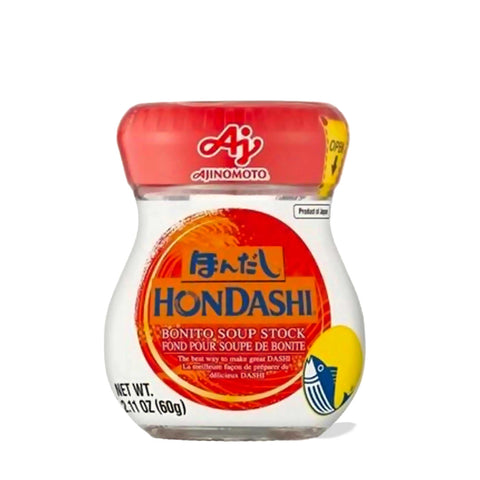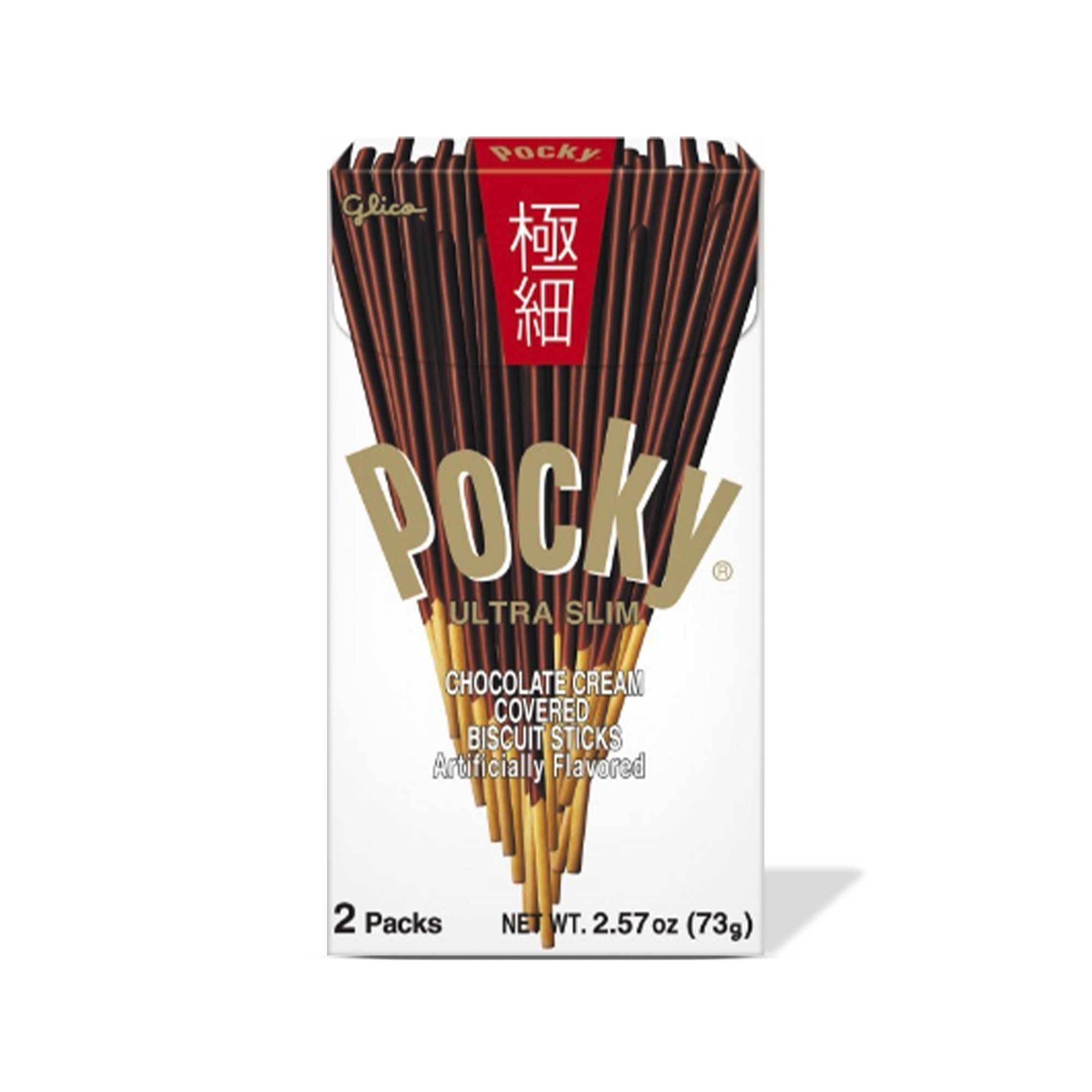What is Tsuyu and What Does It Taste Like?
You’re virtually guaranteed to have tried tsuyu when eating Japanese food – but you may not have realized it. Regarded as a central component of Japanese cooking, you’ll find a bottle of tsuyu sauce in the majority of people’s store cupboards or on their grocery lists. Read on to learn all about this popular element of Japanese cuisine, and even discover how to make it yourself (it’s actually pretty easy!).
What is Tsuyu?
Tsuyu sauce is a type of flavoring stock that forms the base of countless noodle dishes, both hot and cold. Thanks to its rich umami content, tsuyu adds a delicious depth of flavor to whatever it's used for, without the need for multiple condiments.

Also known as "mentsuyu" or "hon tsuyu" in Japanese, tsuyu is made from a combination of sake, soy sauce and mirin, plus a little bit of sugar. It also counts dashi as one of its ingredients – which is a soup stock base all of its own. A simple differentiation is that tsuyu is a dipping sauce that uses dashi as a base.

You can use tsuyu on its own as a dip when eating hot tempura, add it into soups and sauces as a thickener, or use it as a flavor enhancer with soba and udon noodles.
What Does Tsuyu Taste Like?
Tsuyu sauce is at once both sweet and savory, with a perfectly balanced tang and depth. Thanks to its subtly fish-like flavor, tsuyu is most commonly compared to fish sauce, but there’s still a distinct difference between the two. It’s actually more like a soy sauce than anything else, though the taste of tsuyu is somewhat sweeter than soy sauce, thanks to the simmering process it goes through which reduces the saltiness.
How to Make Tsuyu Sauce at Home
Tsuyu is not usually made from scratch in Japan, as it’s readily available in all supermarkets. But if you do fancy making a homemade version for yourself, it’s pretty easy to put together.
Your tsuyu ingredients should include soy sauce, mirin, sake, sugar and dashi soup stock.
- Cook all your ingredients together in a large pan until the mixture reaches a boil
- Simmer on a low heat for approx 5-8 minutes to allow the alcohol present in the mirin to burn off
- Reduce to a low setting and watch for the tsuyu to thicken slightly.
- Strain after simmering – but if using bonito flakes be careful not to squeeze them or it might leave a fishy smell
- Allow it to cool before you place in the fridge
Make sure to taste for your own preference. You can add a touch more mirin or some sugar if you’d like to sweeten it a little.
For vegans, it’s still possible to enjoy tsuyu sauce, but you’ll have to make sure the dashi you’re using wasn’t made with bonito flakes. The vegan alternative is made with dried shiitake mushrooms and pieces of kombu instead.
The Best Ways to Use Tsuyu Sauce
Tsuyu is made as a concentrated sauce for ease of use, but that does mean it needs to be diluted depending on the dish it’s intended for. The most common ways of using tsuyu sauce include:
- drizzled over hot noodles (Kaketsuyu)
- a dipping sauce for cold soba noodles (Tsuketsuyu) which is a great meal on hot days

- a dipping sauce for hot fried foods like tempura or gyoza
- as the base for making a ramen broth
- poured directly onto rice (i.e. for donburi rice bowls)
You can experiment with the best dilution ratio to suit your own personal preference, but the easiest ratio is 1:1 – a tablespoon of water with the same of tsuyu – which is used for pouring onto noodles. You can also try 1 part tsuyu and 2 parts water for a noodle dipping sauce, or 1 part tsuyu and 4-6 parts water when making a hot pot.
If you’ve bought your tsuyu sauce from a supermarket, there’s often a handy chart on the label that helps you with the ratios. Remember to double check what concentration you’re buying though, as some bottled tsuyu sauce comes pre-diluted!
You can also try using tsuyu sauce as a direct replacement for soy sauce in many dishes.
How to Store Tsuyu Sauce?
If it’s homemade, your tsuyu sauce won’t have any preservatives or additives so will expire more quickly. Make sure to keep it refrigerated in a sealed container, and use it within one month.
Author Bio










